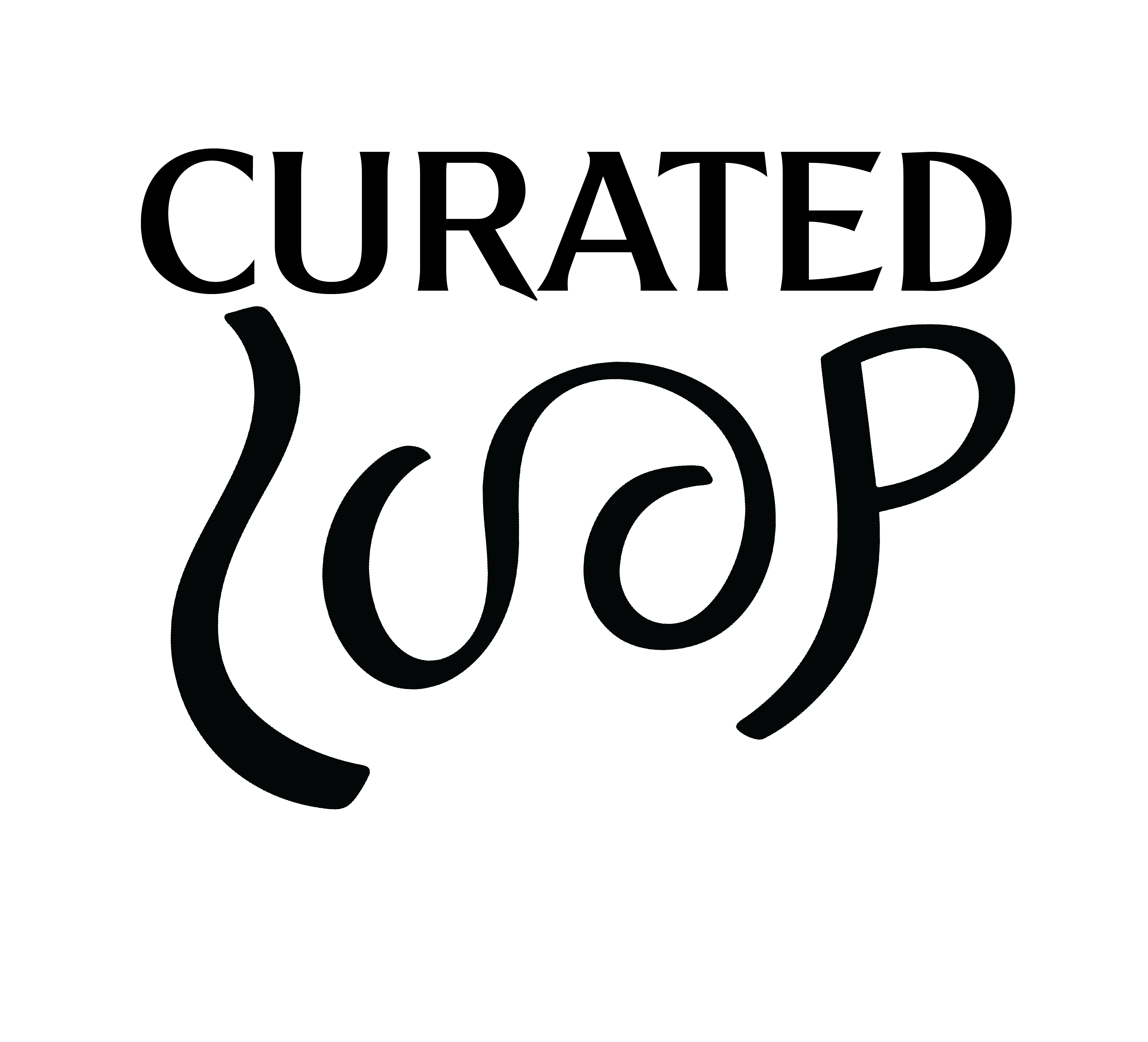Fridays for Future.
30th March 2023
What is Vegan Leather anyway?
It’s a question we find ourselves asking amidst the rise of eco-conscious consumption. That alluring V word, a new societal norm among us Gen Z and Millennials, an oxymoronic term that gives us comfort in our consumer choices… but what does it actually mean? Well, we did a bit of a dive.
Technically, Vegan leather is any leather-like fabric that isn’t made from animal skin. Sometimes that can simply mean faux-leather (aka plastic - watch out for the greenwashers) but what piqued our interest is the innovation happening in this space. So, we thought we’d share some insights.
Mushroom Based Vegan Leather
Mushroom leather - a plant-based alternative material made from the roots of the mushroom plant, known as mycelium. Researchers refined a process whereby mycelium cells are fed and grown on bio-substrates like cellulose, resulting in a highly durable vegan leather that has become increasingly popular, particularly for forward thinking fashion houses.

After building its heritage on handbags in exotic skins and luxurious leathers, Hermes is now venturing into vegan territory with its upcoming Victoria bag. The travel bag, which is usually crafted with Hermes’ grainy Clemence calfskin, will come in the mushroom-derived leather alternative.
Last year, Kering got together with Bolt Threads, the team behind Mylo (a mushroom leather), to work out a supply chain for the material. So brace yourself for a new range of cruelty-free leather products from Kering's big names like Gucci, Saint Laurent, and Alexander McQueen.
Pineapple Based Vegan Leather (Piñatex)
Piñatex i.e pineapple based vegan leather is a sustainable leather alternative made from discarded parts of a pineapple plant, primarily its leaves. Dr Carmen Hijosa spearheaded the development of Piñatex in the 1990s in the Philippines, where pineapple is a prevalent crop which generates a significant amount of waste.
Dr Hijosa saw the potential of utilizing these waste-products to create a sustainable leather alternative. Piñatex has now become a successful by-product of pineapple farming in the Philippines, providing farmers with a secondary income source and supporting the local economy and has been featured in runway shows by the likes of Chanel. Back in 2018, the French fashion house decided to ban fur and exotic skins. During their Egyptian-themed Métiers d’Art show, they showed off a shiny gold boater hat, made from Pinatex vegan leather.

While Chanel flirted with Piñatex, Hugo Boss famously embraced the sustainable material with a line of men’s trainers launched in 2019. The casual sneakers are crafted entirely without animal products and the best part? They’re coloured with plant-based dyes too.
Apple Skin Based Vegan Leather
In 2004, Alberto Volcan, an Italian inventor, who wanted to repurpose leftover apple waste from the fruit juice and compote industry in Northern Italy created eco-friendly paper using 15% apple waste, reducing CO2 impact by 20%-25%. This inspired him to collaborate with Frumat, a company specializing in recycling industrial waste, to explore other commercial opportunities. After a failed attempt at creating a vegetable glue, Alberto reworked the glue to create a fabric using a pasta machine, which became the foundation of apple leather. With Frumat's assistance, this breathable, waterproof, and durable fabric has revolutionized the industry.
Tommy Hilfiger advocated for eco-friendly sneakers by incorporating two new styles into its Spring/Summer 2020 collection. These sneakers appear similar to other offerings from the American fashion brand, but they utilize premium leather crafted from recycled apple peel fiber, a material called Apple Skin that was developed by Frumat.

Following footsteps of Tommy Hilfiger, Chloé, the Parisian label, recognizes the promise of apple-based leather. In the previous year, the company released a selection of environmentally friendly pouches and mini bags made from Frumat's fabric via its diffusion line, See By Chloé.
Wine Based Vegan Leather
Yes, you read that right. Wine leather aka grape leather is actually a concept for real, it’s leather made from accumulated waste from wine production.

Vegea, an Italian technology company, has created a vegan leather alternative that is 100% recyclable and suitable for use in the global and Italian fashion industries. The project had been in development for years but is now ready to be tested by major brands, although it will take some time before it can be industrialized, as stated by the manufacturers. The main goal of the project is to produce an eco-friendly leather substitute that is both recyclable and animal-free.


